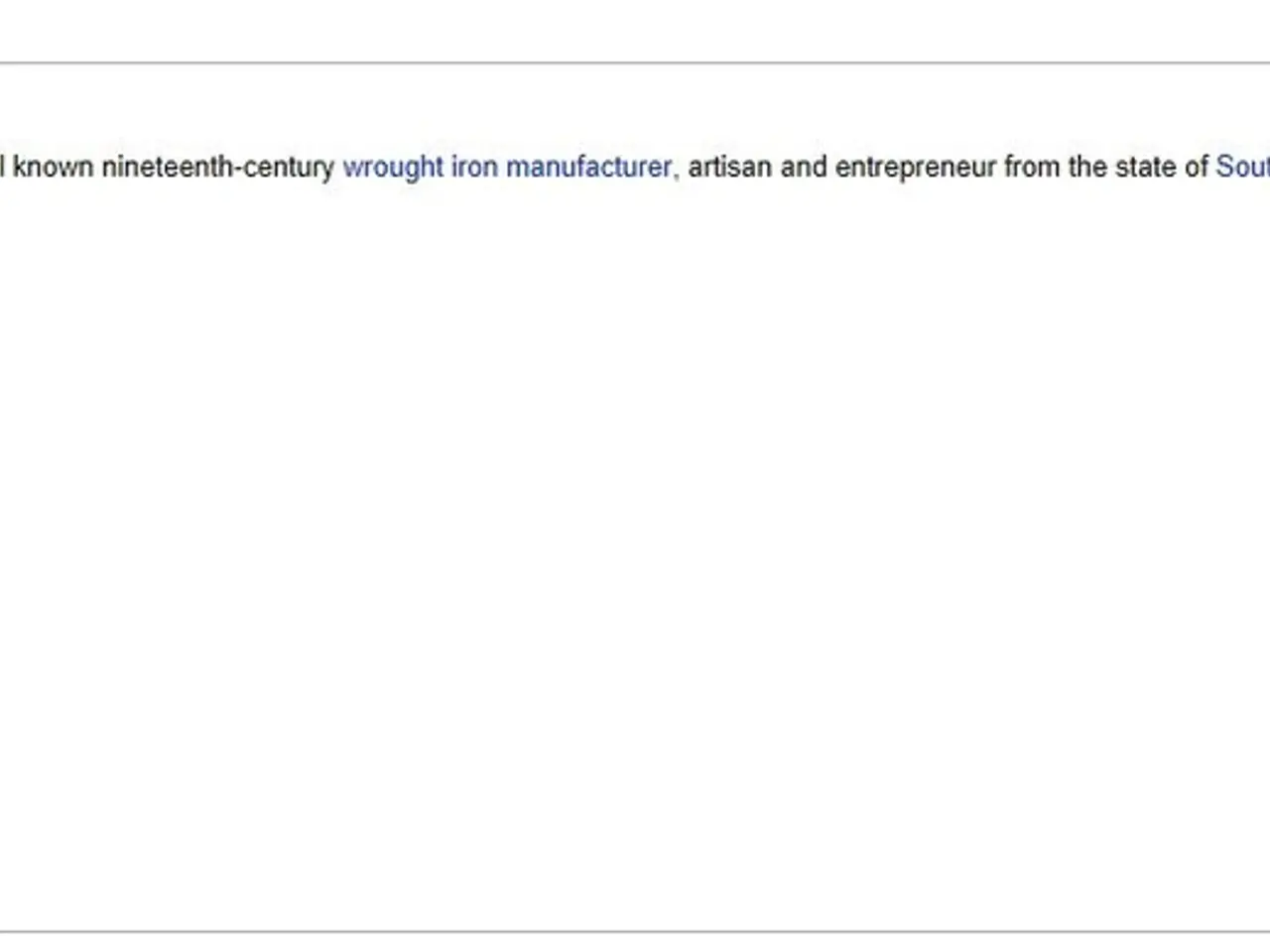In Bangladesh, Jane Austen's classic novels continue to captivate audiences, with the themes of love, honor, and social status taking center stage.
In the intricate tapestry of societal structures and gender roles, Jane Austen's portrayal of 19th-century English society resonates strikingly with contemporary Bangladesh. This connection is rooted in Austen's critical examination of class hierarchies, gender roles, and the pursuit of security and status, which remain relevant amidst Bangladesh's evolving social landscape.
Austen's novels, such as Pride and Prejudice and Persuasion, critically examine rigid class hierarchies and the limited agency of women, highlighting how marriage and social connections were key for women’s security and social standing in her era. This closely parallels aspects of modern Bangladesh, where social stratification and familial expectations continue to shape individual aspirations and gender dynamics. For instance, the tension between familial obligations and individual desires echoes in Bangladesh’s context of balancing traditional values and the pressures of modernization and globalization.
In terms of gender roles, Austen’s heroines navigate a patriarchal society that restricts women's independence, using wit and moral sense to assert themselves within constraints. Similarly, contemporary Bangladeshi women often negotiate roles defined by both cultural tradition and new opportunities, under social norms that still emphasize marriage and family as central to a woman’s social security. Austen’s nuanced female characters who strive for autonomy while seeking social acceptance continue to resonate in societies where gender expectations are deeply ingrained.
Regarding the pursuit of security and status, Austen’s novels often focus on the importance of marriage as a means of economic and social stability, reflecting an era where women’s survival depended on advantageous matches. In Bangladesh, the pursuit of social status also remains strongly tied to family reputation, marriage alliances, and economic advancement, linking individual security to collective social standing. Austen’s sharp social commentary on these dynamics thus maintains relevance in examining how personal and social objectives intertwine.
The visibility of wealth, often exhibited through lavish weddings and displays of material comfort, serves as a marker of social status in both Regency England and contemporary Bangladesh. The importance of "good connections" is a powerful driver in contemporary Bangladeshi society, similar to the societal pressures faced by Austen's heroines in their quest for suitable marriage partners.
In contrast, education is increasingly seen as a means for social mobility in Bangladesh, with more women pursuing higher education to achieve financial independence and personal agency. This shift mirrors the overlooked independence of women in professional settings, as seen in the 2012 adaptation of Pride and Prejudice, The Lizzie Bennet Diaries, where Mr Collins offers Elizabeth Bennet a job instead of a marriage.
The influence of Western media and ideas can be seen in urban centres of Bangladesh, leading to a fascinating tension between traditional expectations and evolving aspirations, not unlike the subtle societal shifts and challenges to convention that Austen so deftly explored. The pressure to balance familial obligations with individual desires is a recurring theme in Austen's works and finds new resonance in a globalised Bangladesh.
In conclusion, Austen’s critique of class, gender, and security in 19th-century England finds parallels in contemporary Bangladesh’s social structures, where traditional values coexist with modern shifts, and where gender roles and the pursuit of status and security remain intertwined themes. This resonance highlights Austen’s timeless insight into social realities shaped by power, gender, and societal expectations.
References:
- Austen, J. (1811). Sense and Sensibility. London: John Murray.
- Austen, J. (1813). Pride and Prejudice. London: Thomas Egerton.
- Austen, J. (1817). Emma. London: John Murray.
- Austen, J. (1818). Persuasion. London: John Murray.
- Gopal, M. (2021). The Making of Modern Bangladesh: A History. Cambridge University Press.
- UN Women. (2023). Gender Social Norms Index. United Nations.
- Chowdhury, O. R., & Sultana, R. (2023). Navigating Gender Roles in Contemporary Bangladesh: An Anthropological Perspective. Journal of South Asian Studies.
- In both 19th-century England as portrayed by Jane Austen and contemporary Bangladesh, the fashion-and-beauty and entertainment sectors serve as markers of social status, with wealth often exhibited through lavish displays.
- The pursuit of education and self-development is gaining traction in modern Bangladesh as a means for social mobility and increased personal agency, much like the overlooked independence of women in professional settings, as portrayed in the modern adaptation of Pride and Prejudice, The Lizzie Bennet Diaries.
- It is no surprise that social media, a platform for expressing individuality and connecting with diverse ideas and cultures, has been embraced by both the English society depicted by Austen and contemporary Bangladesh, as they navigate new roles within their evolving social landscapes.
- While pop-culture and sci-fi-and-fantasy are not as prominent in Austen's epoch, they have become a significant part of modern Bangladeshi culture, offering an escape from societal expectations and providing perspectives on life and gender roles that resonate across cultures and generations.




